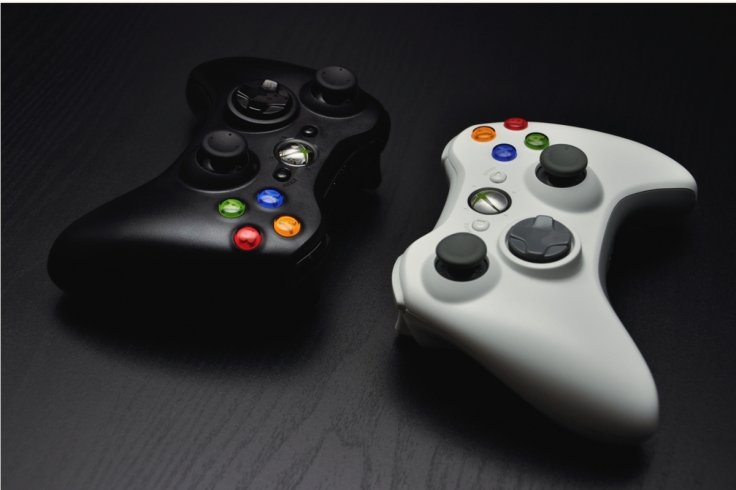
The National Health Service (NHS) in the United Kingdom is going to open the first-ever clinic to treat children and youngsters addicted to playing computer games such as PUBG, Fortnite, Candy Crush and Call of Duty.
The NHS authorities said physicians and other health professionals from Tuesday began referring people aged between 13 and 25 years who spent countless hours playing games. Treatment at the clinic, which is a part of the National Centre for Behavioural Addictions in London, will, however, start beginning next month.
Clinical psychologists, mental health nurses, therapists and psychiatrists specialised in treating children and young people will work with patients to help tackle the gaming addiction, recognised last year by the World Health Organisation (WHO) as a "medical condition".
The move comes amid growing concern of videogame addiction among teenagers and children whose lives have been destabilised by heavy use of computer games, affecting their mental health.
Simon Stevens, the chief executive of NHS England said the new service was a response to an emerging problem, "part of the increasing pressures that children and young people are exposed to these days".
The service, which will be hosted by the Central and North West London mental health trust, will be located alongside the National Problem Gambling Clinic.
"Gaming disorder is a mental health condition which can have a hugely debilitating effect on people's lives, both for patients and their families," Dr Henrietta Bowden-Jones, director of the NHS's new Centre for Internet and Gaming Disorder and the Royal College of Psychiatrists' spokeswoman on behavioural addictions, explained, adding the condition referred to instances where someone spent up to 12 hours a day playing video games, leading to social isolation and a job loss.
Fiona Smith, professional lead for children and young people at the Royal College of Nursing, said more and more people were negatively affected by excessive screen time as technology became more accessible and advanced.
Defined by the WHO as a pattern of persistent or recurrent behaviour so severe that it takes "precedence over other life interests", Gaming disorder symptoms include impaired control over gaming, increased priority to gaming and continuation or escalation of gaming despite negative consequences such as the impact on relationships, social life, studying and work life or spiralling financial costs.
Many countries across the world are tackling the issue of gaming and internet addiction through various means, including South Korean government banning access for children under 16 to online games between midnight and morning, Japan alerting players if they spent more than a certain amount of time each month playing games, and China's internet giant Tencent limiting the playtime hours for its most popular games.









